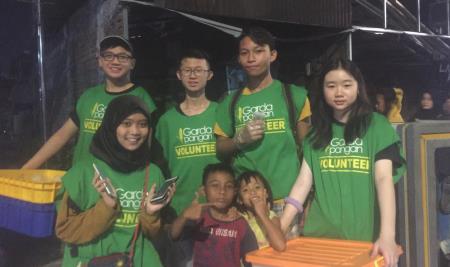Often people associate entrepreneurship only with business- that is, entrepreneurs create companies to make a profit. The most well known Indonesian “unicorn”, Go-Jek, is valued at US$9.5 billion, and well-known profitable start-ups like Airbnb and Netflix, tend to grab the headlines with their profit reports.
However, there are many other types of entrepreneurs focusing on social outcomes. Increasingly, social enterprises apply commercial strategies and an entrepreneurial mindset to maximize improvements in financial, social and environmental well-being. For example, Food Rescue, which is based in Gubeng, Surabaya, has created a team and process that collects unused foods from events and redistributes to those in need- they have saved the equivalent of 7.9 tons of potential food waste, and distributed it to 43,590 beneficiaries since 2018.
Today’s students, and especially those at Sekolah Ciputra, increasingly want to see their actions having an impact on the greater good. A social enterprise might just be the most sustainable way to make it happen.
hubSC- embrace the spirit.







